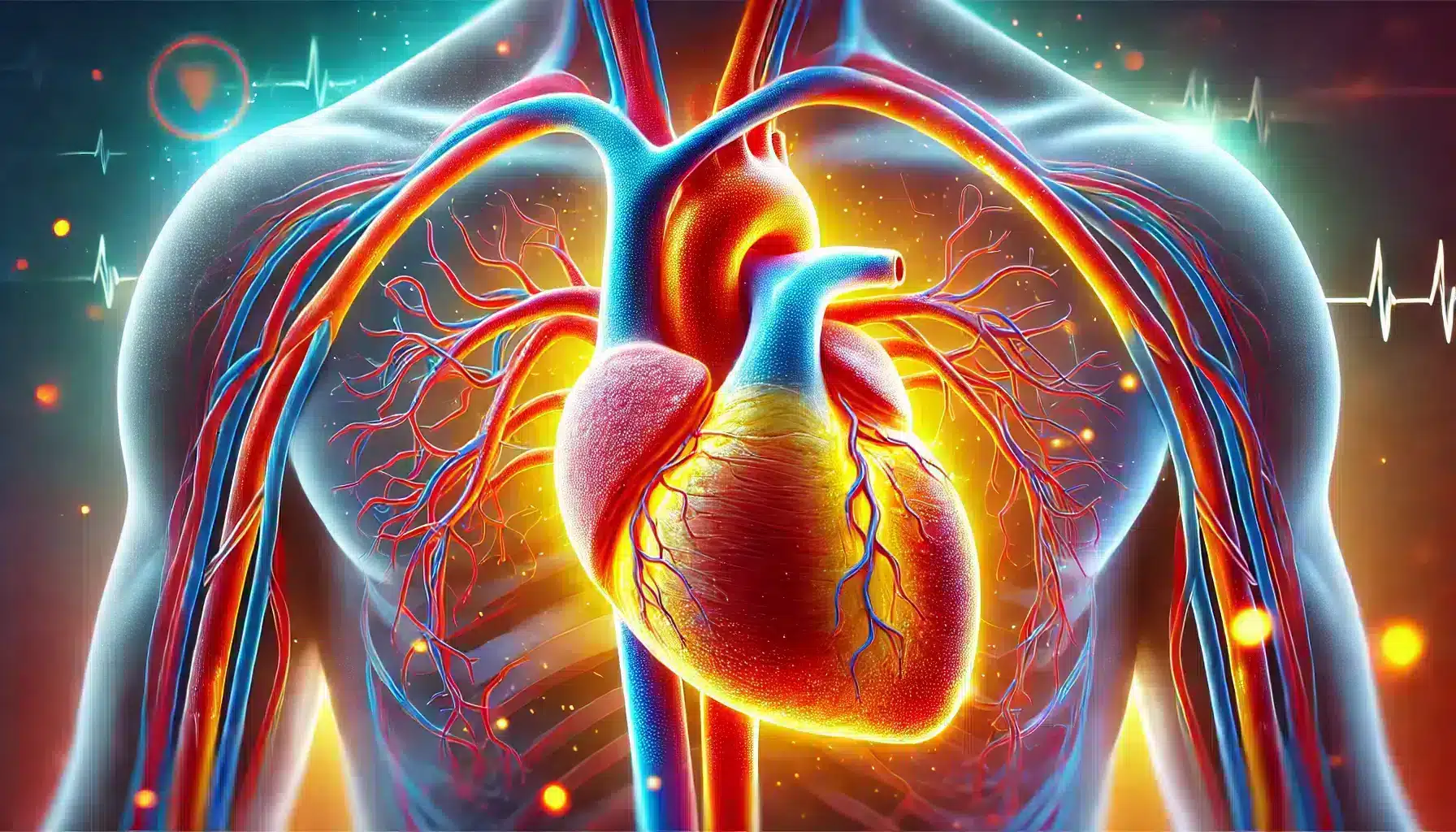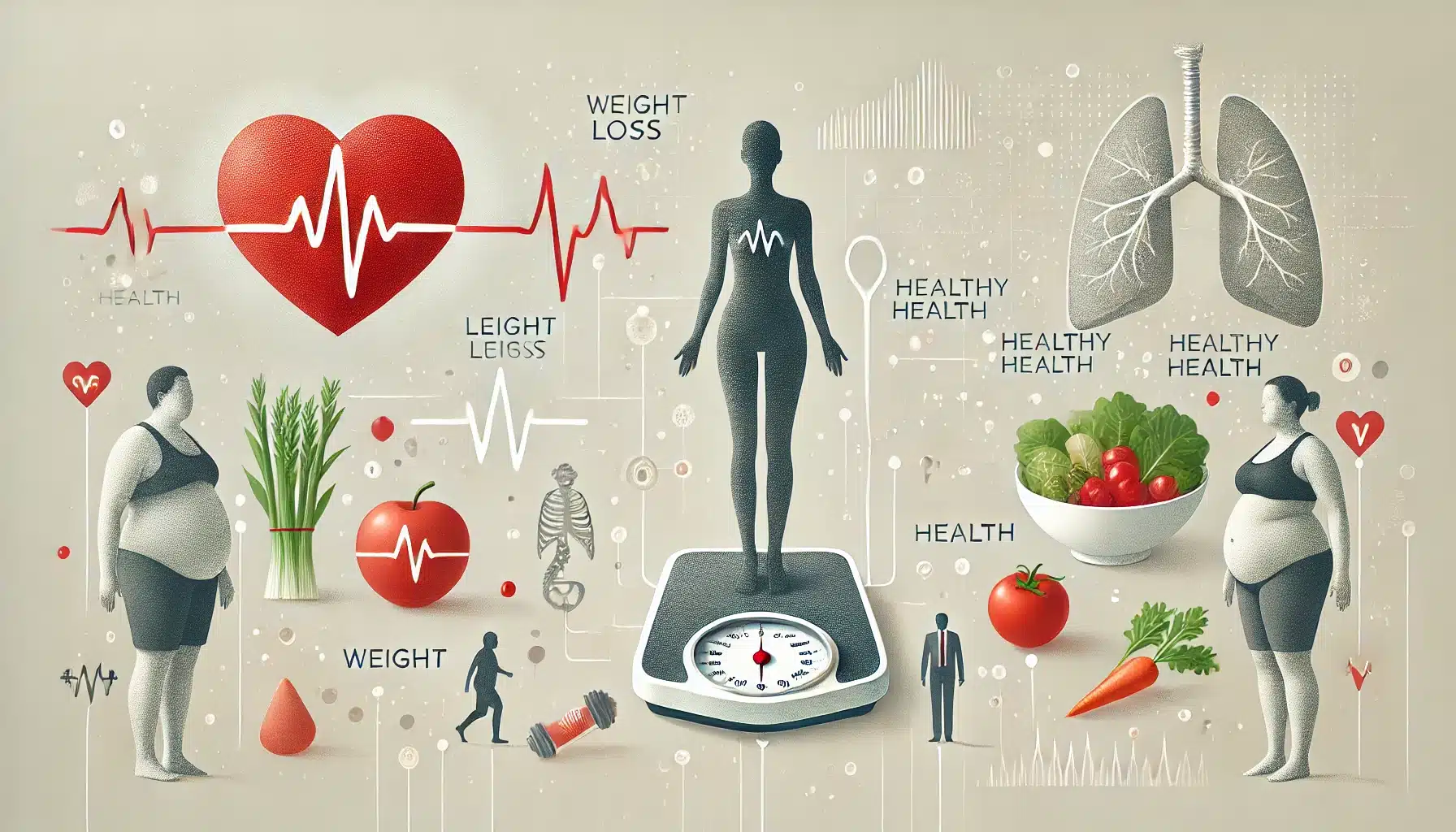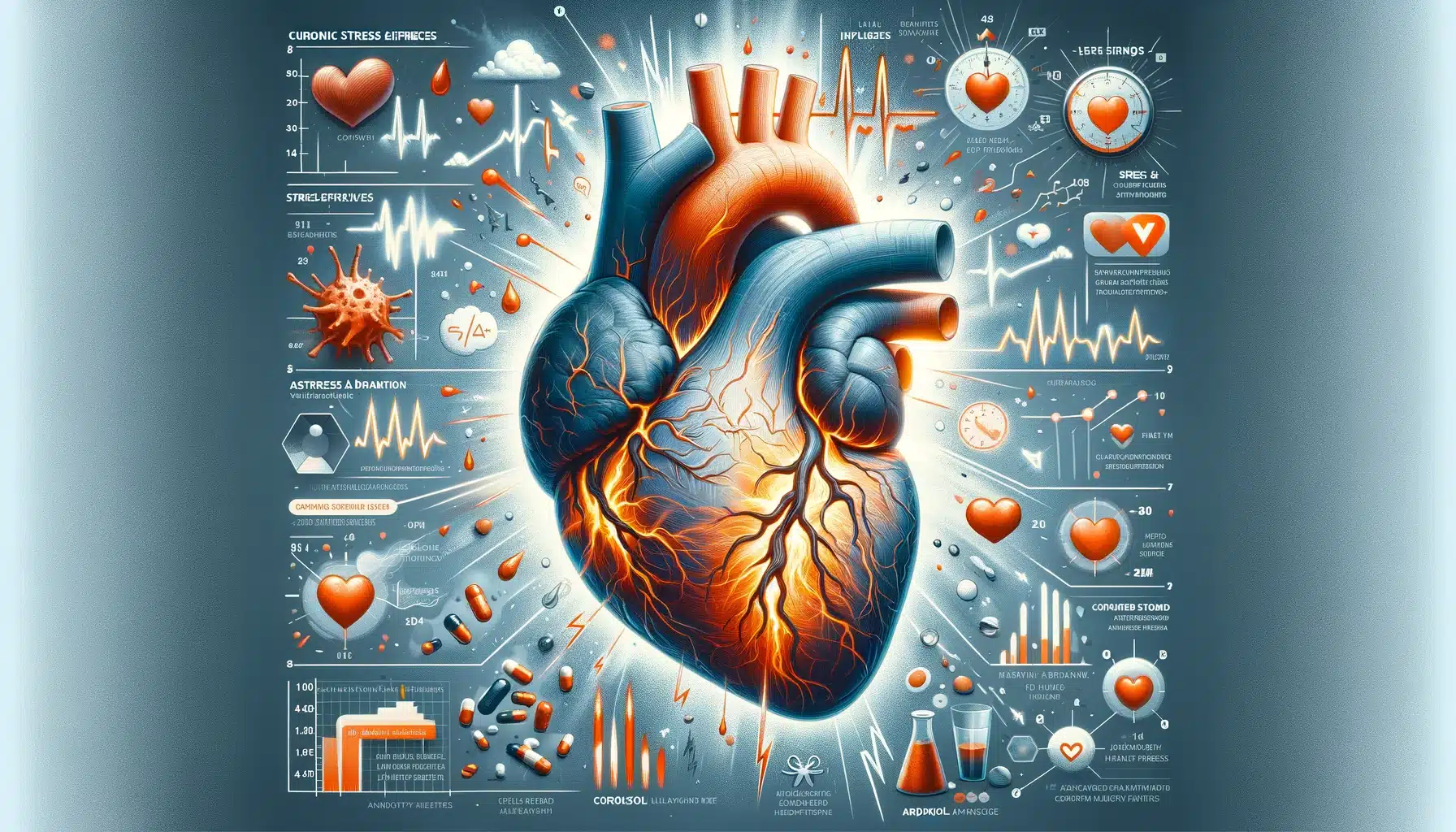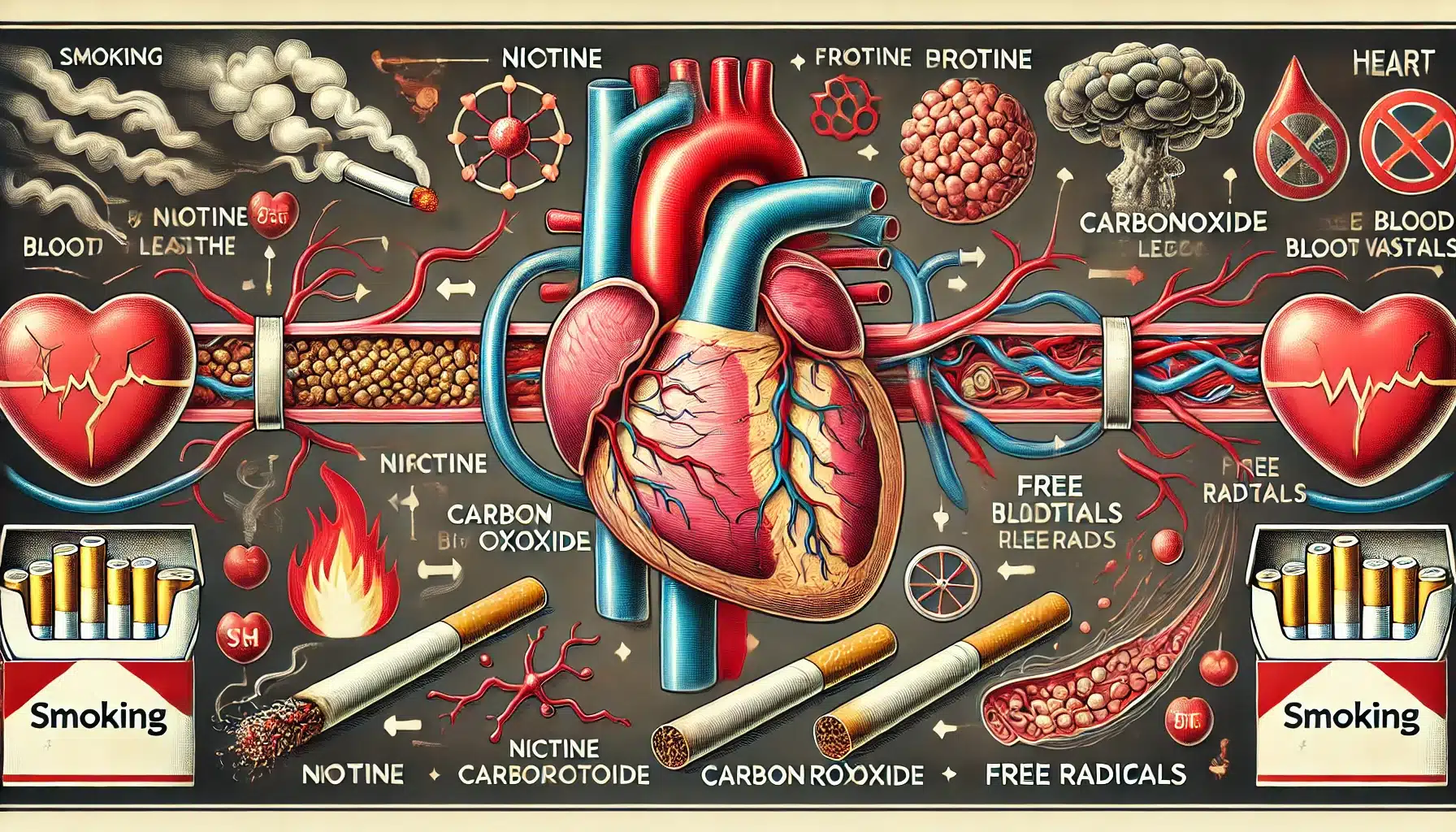Understanding Coronary Artery Disease Coronary artery disease (CAD) is a condition characterized by the narrowing or blockage of the coronary arteries, primarily due to atherosclerosis—a buildup of fatty deposits, cholesterol, and other substances on the artery walls. This condition limits the flow of oxygen-rich blood to the heart muscle, which can lead to symptoms like chest pain (angina), shortness of …
October, 2024
-
14 October
Early Warning Signs of Coronary Artery Disease
What Is Coronary Artery Disease? Coronary artery disease (CAD) is one of the most common heart conditions, and it occurs when the arteries that supply blood to the heart muscle become narrowed or blocked due to the buildup of fatty deposits called plaque. These blockages can reduce or completely stop blood flow to the heart, leading to chest pain, shortness …
-
7 October
How Weight Loss Improves Heart Health: Tips and Strategies
The Connection Between Weight and Heart Health The relationship between weight and heart health is well-established. Excess body weight, particularly in the form of fat, can put additional strain on your heart, leading to various cardiovascular issues. Understanding this connection can motivate you to make necessary lifestyle changes for a healthier heart. How Excess Weight Affects the Heart Increased Blood …
-
4 October
The Role of Lifestyle Changes in New Heart Health Guidelines
Introduction to New Heart Health Guidelines The latest heart health guidelines emphasize the importance of lifestyle changes as a primary strategy for preventing and managing cardiovascular diseases. With heart disease remaining the leading cause of death globally, these guidelines aim to address the root causes of heart conditions through sustainable changes in daily habits. The new recommendations highlight the critical …
-
3 October
Top Preventive Measures to Keep Your Heart Healthy
Introduction: Why Heart Health Matters Cardiovascular health is crucial for overall well-being, yet it’s often overlooked until problems arise. The heart is responsible for pumping blood throughout the body, supplying essential nutrients and oxygen to tissues, and removing waste products. When the heart and circulatory system are compromised, the risk of developing serious conditions like heart disease, stroke, and high …
-
2 October
How Chronic Stress Affects Your Heart Health
Understanding Chronic Stress Chronic stress is a prolonged and constant feeling of stress that can negatively affect your health if left unmanaged. Unlike acute stress, which is a response to a short-term threat, chronic stress persists over a long period and can be caused by factors such as ongoing financial problems, work-related issues, or chronic illness. While stress is a …
-
1 October
How Regular Exercise Reduces Heart Disease Risk
Understanding the Link Between Exercise and Heart Health Regular exercise plays a crucial role in maintaining a healthy heart and reducing the risk of cardiovascular diseases. Physical activity helps to strengthen the heart muscle, improve blood circulation, and manage factors that contribute to heart disease such as high blood pressure, high cholesterol, and excess weight. The American Heart Association recommends …
September, 2024
-
29 September
Top 10 Foods to Keep Your Heart Healthy
Foods to Keep Your Heart Healthy Introduction Importance of Heart Health Heart disease is one of the leading causes of death worldwide, and maintaining a healthy heart is essential for overall well-being. A heart-healthy diet plays a crucial role in preventing cardiovascular issues, including high blood pressure, cholesterol levels, and other related conditions. By incorporating certain foods into your daily …
-
27 September
How Smoking Affects Your Cholesterol Levels
What Is Cholesterol and Why Does It Matter? Cholesterol is a waxy, fat-like substance found in every cell of your body. While it is often viewed negatively, cholesterol is actually essential for various bodily functions, including the production of hormones, vitamin D, and substances that help digest foods. However, having too much cholesterol in your blood can lead to health …
-
27 September
The Role of Aspirin in Preventing Heart Attacks
1. Introduction to Aspirin and Its Medical Uses Aspirin in Preventing Heart Attacks is a widely recognized method in the medical field for reducing the risk of heart attacks. It is essential to understand the origins and various medical applications of aspirin to fully grasp its significance in cardiovascular health. 1.1. History of Aspirin Usage in Medicine Aspirin has a …










